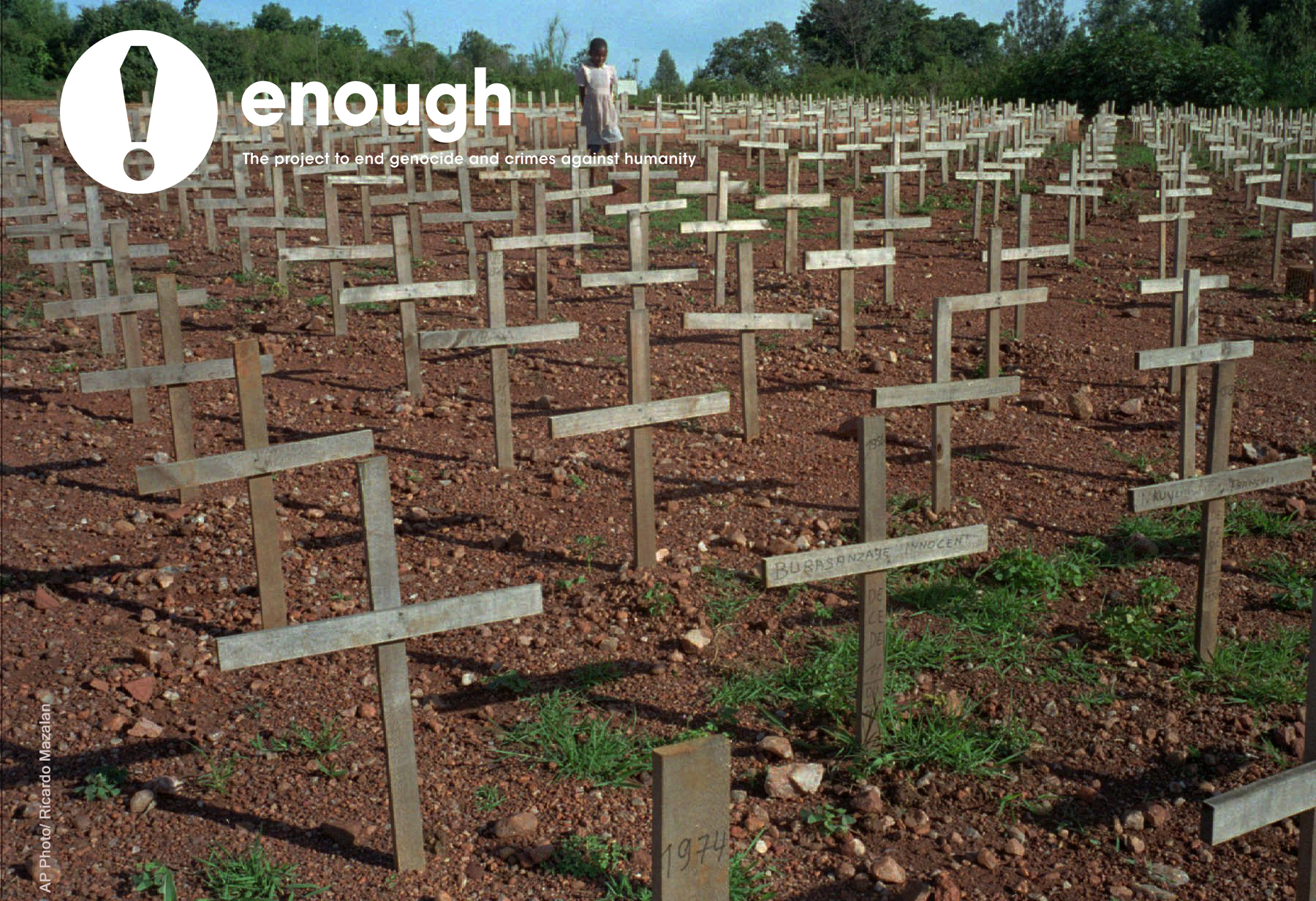
Introduction
As commemorations unfold honoring the 20th anniversary of the onset of Rwanda’s genocide and the 10th year after Darfur’s genocide was recognized, the rhetoric of commitment to the prevention of mass atrocities has never been stronger. Actions, unsurprisingly, have not matched that rhetoric. But the conventional diagnosis of this chasm between words and deeds – a lack of political will – only explains part of the action deficit. More deeply, international crisis response strategies in Africa have hardly evolved in the years since the Rwandan genocide erupted. Until there is a fuller recognition of the core drivers of African conflict, their cross-border nature, and the need for more nuanced and comprehensive responses, the likelihood will remain high that more and more anniversaries of mass atrocity events will have to be commemorated by future generations.
Conflict drivers need to be much better understood in order to devise more relevant responses. The band of crisis and conflict spanning the Horn of Africa, East Africa, and Central Africa is ground zero for mass atrocity events globally. The conflagration in the Central African Republic (CAR), the world’s deadliest war in eastern Democratic Republic of the Congo (DRC), ongoing instability in Burundi, persistent violence in Somalia and across its borders, intensifying conflict in Sudan’s periphery, persistent attacks by the Lord’s Resistance Army (LRA) in three of Uganda’s neighbors, and the rapid-onset war in South Sudan, all demonstrate that it is increasingly foolhardy to deal with Africa’s conflicts in isolation from each other, confined to their sovereign borders. Without addressing the complicated transnational core drivers of violence, without being much more inclusive, without dealing decisively with spoilers, and without integrating broader regional actors, today’s peace processes have no chance of producing sustainable peace.

